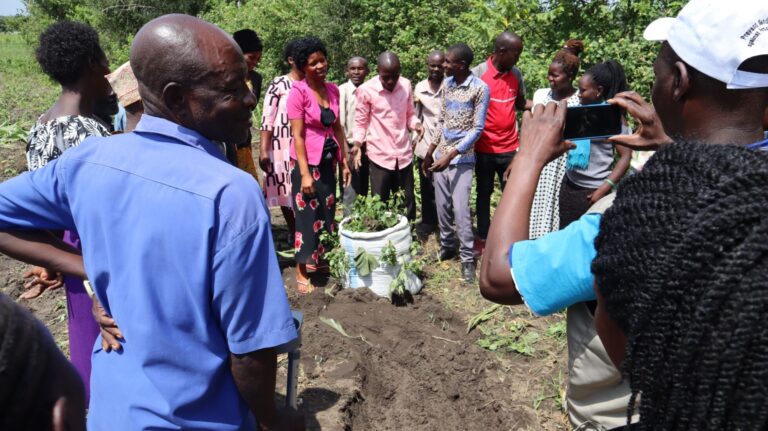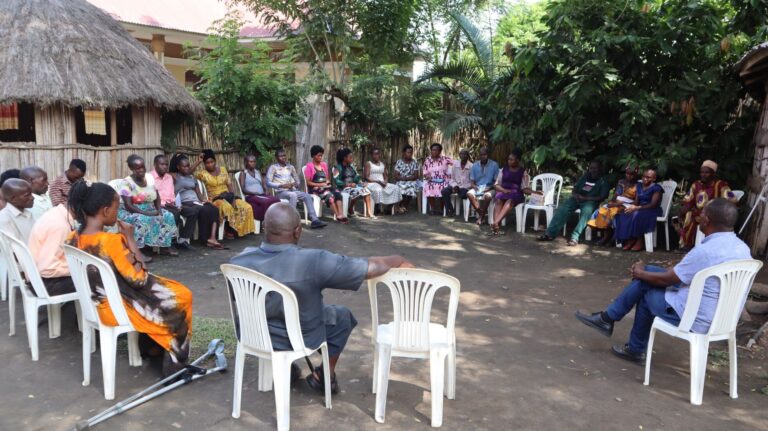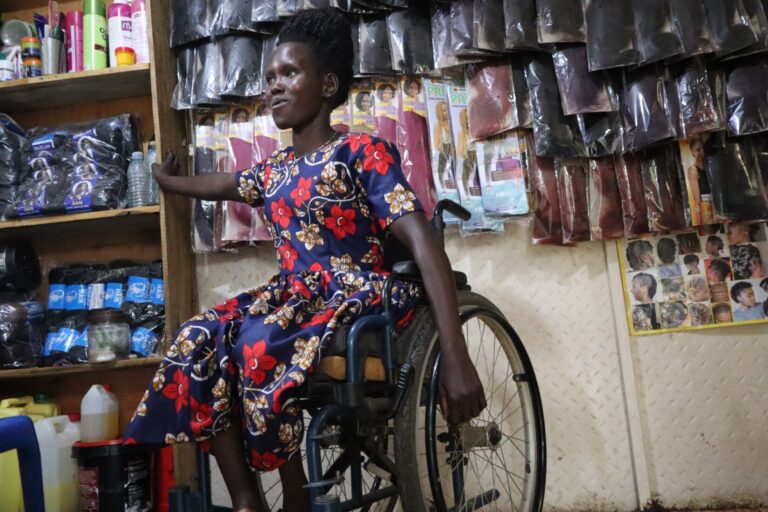Social Economic Empowerment
Project Name: SOCIAL Economic Empowerment
Donor: NAD- NFA
Department: Economic Empowerment
Project Goal
Persons with disabilities are Economically Independent
Project Objectives
- Women and men with disabilities have access to financial services
- Women and men with disabilities have increased income
- Women and men with disabilities have access to social protection.
Brief Project background including achievements
Social Economic Empowerment Programme (iSAVE) is an integrated approach designed to address four mechanisms that lead to the exclusion of persons with disabilities from accessing development services formal & informal financial services, Business development and Livelihood programmes.
The aim of programme is that persons with disabilities are economically Independent. This will be achieved by ensuring that; Women and men with disabilities have access to financial services on local, regional and national levels, Women and men with disabilities have increased income, women and men with disabilities have access to social protection
The iSAVE Inclusive Economic Empowerment programme has been implemented since 2009 and is in phase three. Phase three coverage will be in the three old Districts of Apac, Iganga, Kamuli and 8 new districts of Buikwe, Jinja, Oyam, Adjumani, Mukono and Buyende in 2020/2021 then, Aleptong and Arua in 2022.
Achievements
- 1575 persons with disabilities have accessed formal financial services
- 18,966 persons with disabilities have gained access to informal financial services such as village savings and credit initiatives.
- 1344 Persons with disabilities have started and currently manage profitable small and medium sized enterprises (SMEs) as a result of participating in iSAVE program. 1341 Persons with disabilities have more than one source of income.
- 12 Micro-finance Institutions (MFIs) and Savings and Credits Co-operatives (SACCOs) have become more inclusive for persons with disabilities in line with their own agenda of change.
- 20% of the iSAVE groups are autonomous in their functioning and operating successfully.
- A large portion of iSAVE groups have accessed dairy cows, farm suppliers, Special Grants from Local government, Operation Wealth Creation and programs from other Development partners.
Project activities
- Commission Baseline study to establish if operational mechanisms for rapid and effective disaster response, mitigation and recovery exist at Regional level
- Use identified gaps to develop advocacy strategy to influence inclusion of persons with disabilities and their organisations in regional platforms for experience sharing and learning among regional stakeholders.
- Review the Integrated DRR plans for target districts to ensure inclusion of issues of PWDs.
- Participate in National and International Events (Disability day, Women’s day, Youth day, Environment Day, Human Rights day)
- Conduct a stakeholder analysis to identify more stakeholders to engage
- Support and participate in District Disaster Management meetings
- Participate in National and International Events (Disability day, Women’s day, Youth day, Environment Day, Human Rights day)
- Conduct a stakeholder analysis to identify more stakeholders to engage
- Support and participate in District Disaster Management meetings
- Sensitise service providers on the disproportionate risk faced by boys, girls, men and women with disabilities during situations of risk and humanitarian emergencies
- Mobilise targeted communities for meetings to continuously dialogue on key accountabilities issues and DRR and humanitarian interventions.
- Train relevant MDAs in Disability inclusion including disaggregation of data on disability
- Train and advise District Risk Management Committees in targeted districts, on inclusion of disability in DRR interventions including disaggregation of disability data
- Train and engage CSOs in DiDRR to facilitate disability inclusion in their DRR interventions and cooperation with clear MOUs at district level.
- Train Protection Staff of Implementing Partners on inclusion of Refugees with disabilities
- Conduct case studies on boys,girls,women and men with disabilities affected by disasters who have been supported by stakeholders for learning purposes to inform our advocacy.
- DPOs develop best practices for inclusion of boys, girls, women and men with disabilities in DiDRR and Humanitarian interventions
- Printing of information and publicity materials
- Select best practices on inclusion on boys, girls, women and mend with disabilities in DRR and humanitarian interventions.
- Publish best practices on inclusion of boys , girls, women and me with disabilities in DRR and humanitarian interventions.
- Disseminate best practices on disability inclusion
- Participate in International Day for DRR Commeration campaigns and events
- Equip representatives of PWDs and their organisations with skills to articulate issues of PWDs (Refresher training) target to be Directors of DPOs.
- Hold bi-annual directors meetings to enhance cordination among DPOs
- Induct new members of the DiDRR core group
- Hold joint planning meetings to agree on annual workplans with DiDRR core group and NDPO directors
- Review of policies and actions plans of Duty actors to identify gaps for disability
- Participate in National DRM Meetings hosted by Office of the Prime Minister and working groups convened by International humanitarian organisations.
- DPOs use identified gaps to influence disability inclusion among duty bearers and main stream actors at national level
Projects Statistics
Alot has been accomplished and more to come
Time Flame: Sept 2021 to 2024 October
Area of Operation: Arua, Adjumani, Oyam,Buikwe, Jinja and Buyende districts
1. Phased out districts: Apach, Iganga and Kamuli
Sponsored by NAD- NFA
868
Set Targets
20,747
Indirect Beneficiallies
24,027
Direct Beneficiallies
4 Years
Timeframe
Project Sponsors





